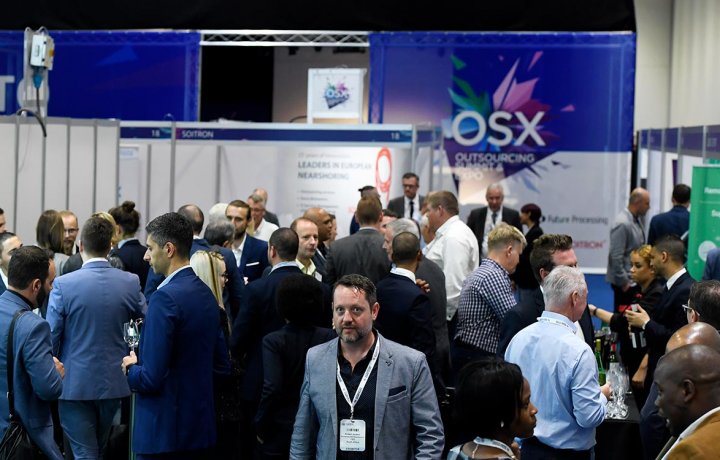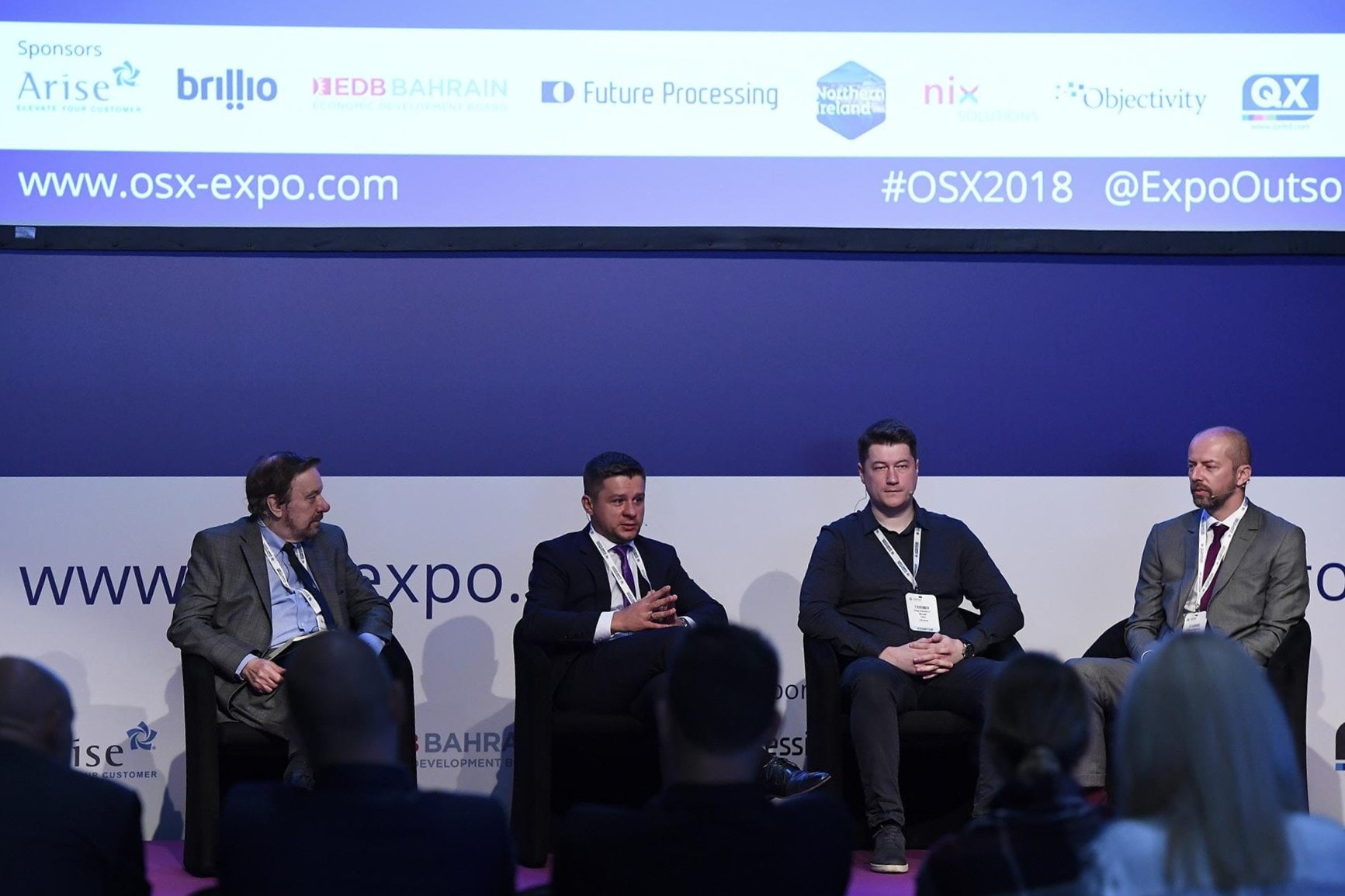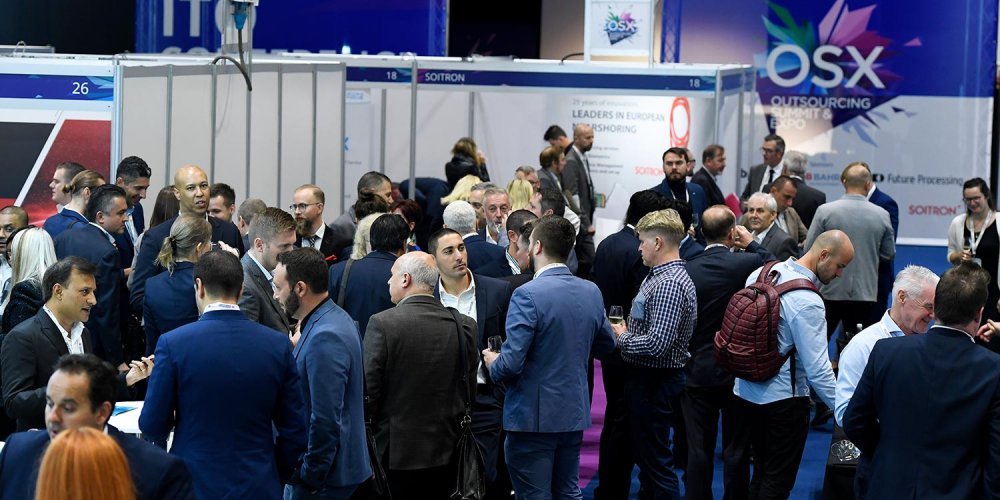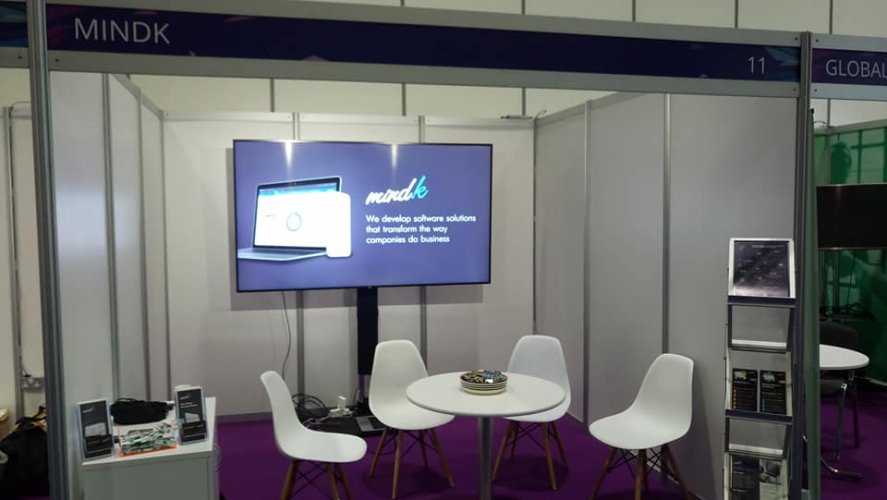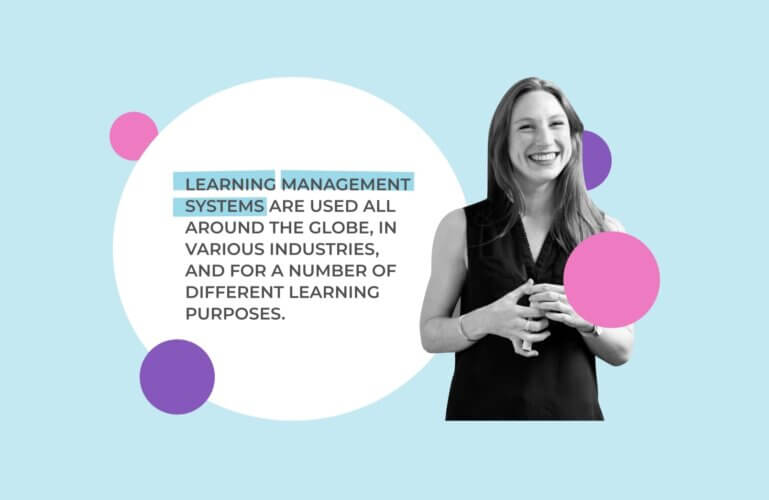We live in a period of profound economic and political anxiety. Following a decade of slow growth, the UK faces the uncertainty of Brexit. AI, Blockchain, IoT, Big Data, and Cloud are changing the way companies do their businesses. To confront these issues heads on, we visited Outsourcing Summit and Expo (OSX) 2018.
Organized by Westrade Group, it is one of the biggest events dedicated to information technology, business, and outsourcing.
“For the last three years we’ve been intently studying the global sourcing industry. OSX is our response to these very issues; the only event you will ever need to attend to inform your future sourcing and technology strategies, brought to you in a unique way.” – Paul Harwood, managing director of Westrade Group.
The booming technologies created a landscape that makes it increasingly hard for businesses to stay competitive without embracing innovation.
But it wasn’t the only focus at the event with many pressing economic and legal issues taking centre stage.
Brexit makes it hard for UK business to cover an acute shortage of skilled personnel in the tech sector with EU citizens.
Outsourcing can kill two birds with one stone: increase business efficiency and give UK companies access to a near-infinite pool of skilled personnel.
The market has changed in the last 10 years. Body shopping and good value labour no longer define outsourcing. New technologies force companies to provide top-quality services and build long-term relationships.
Our CEO and founder Oleg Nesterov joined a panel discussion where 30 top experts and IT founders shared their thoughts on various technology and business issues. During a Q&A session at the OSX conference, he was asked several questions about the current state of outsourcing and its future.
What is your engagement model and how do you see it changing with modern trends?
We use most of the popular models like time and materials or fixed price. In my experience, more and more clients want to start their partnership with a fixed price contract. In fact, we recommend it to our new clients as a way to reduce initial risks. We also use a guesstimate model with more flexible estimates to account for the changing requirements.
How do you see yourselves as present and future providers of outsourcing?
MindK develops custom software. When companies transform, they need support in IT. We see ourselves as a technological partner in this process. Each month we meet clients who have been collecting data for many years. They’ve realized they can get some valuable insights out of this data. We’ve done descriptive and predictive analytics for several of our long-time clients and I see a future for MindK in Data Science.
To what extent AI and RPA (robotic process automation) are a fundamental change?
Technologies change all the time but software development is mostly the same as it was years ago. I see Machine Learning, AI, and Computer vision as complementary to a software product. There is a trend of companies doing AI just to show it to investors. It’s our job as providers to educate our partners that they first need to focus on solving business problems, not on technologies.
How do you see Brexit?
Some people say Brexit might open more opportunities for countries like Ukraine. But more opportunities doesn’t necessarily mean more deals as there’s still the question of building trust. I don’t see how Brexit will affect cooperation with our UK clients. Regulations will change, not our relationships.
MindK also took part in the two-day exhibition where we invited communication with UK business owners to understand the challenges they are facing.
An exhibition attracted 2000+ visitors, where they could meet representatives from 58 sourcing companies and forge new business connections.
MindK’s stand getting ready for the first day of the exhibition.
We see events like Outsourcing Summit and Expo as an excellent platform to learn, network and transform business crisis into opportunities. Backed with trustful partnerships, UK businesses can be ready to dive head-first into the digital era and handle both political and economic challenges on their way.
